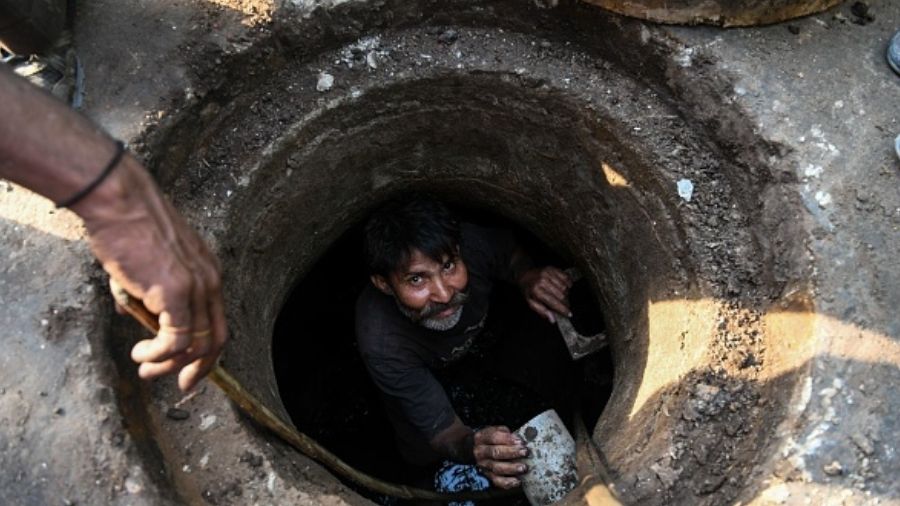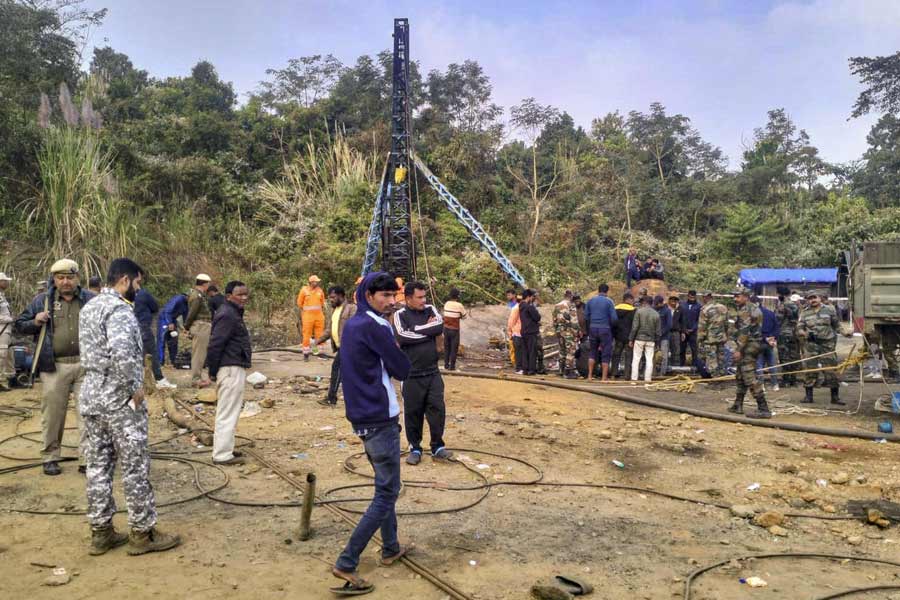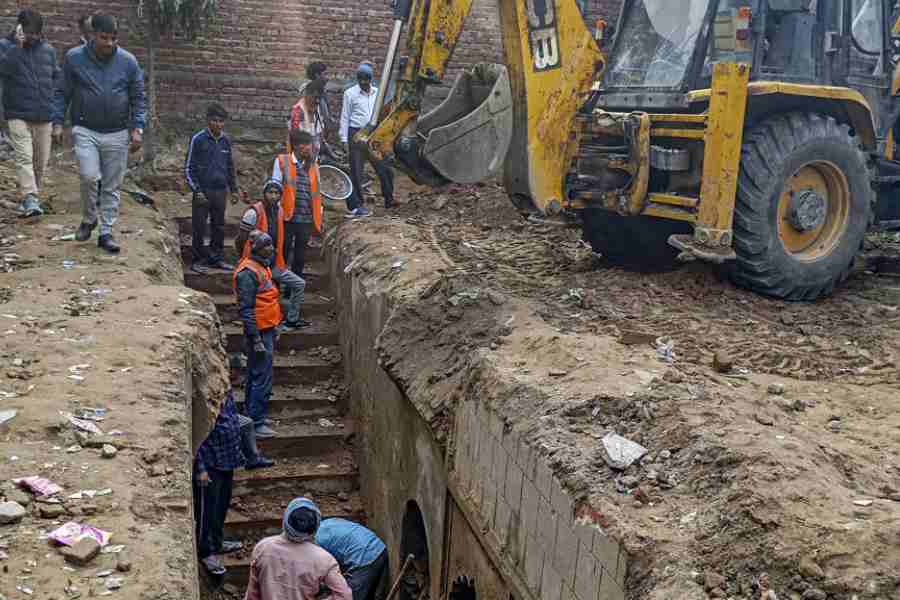As many as 941 workers died while cleaning sewers or septic tanks since 1993 while there are no reports of death due to manual scavenging, Social Justice and Empowerment Minister Virendra Kumar informed Rajya Sabha on Wednesday.
A total of 58,098 manual scavengers have been identified across the country, Kumar said.
"There is no report of death due to manual scavenging. However, we have reports regarding deaths of workers while being engaged in cleaning of sewers or septic tanks," he said.
According to the data shared by the minister, 941 workers died while cleaning sewers or septic tanks.
Tamil Nadu reported the highest number of such deaths at 213, followed by 153 in Gujarat, 104 in Uttar Pradesh, 98 in Delhi, 84 in Karnataka and 73 in Haryana, the data showed.
In response to another question, Minister of State for Social Justice and Empowerment Ramdas Athawale said 941 deaths have been recorded since 1993.
Manual scavenging is banned under the Prohibition of Employment as Manual Scavengers and their Rehabilitation Act, 2013.
Under the Scheme for Rehabilitation of Manual Scavengers (SRMS), Kumar said one-time cash assistance of Rs 40,000 was deposited directly into the bank accounts of all the identified and eligible 58,098 manual scavengers.
Listing the achievements under the SRMS, he said 16,057 manual scavengers and their dependents have been provided skill development training in various trades and 1,387 manual scavengers, sanitation workers and their dependents have been provided capital subsidy for self-employment projects, including sanitation-related projects.
 Saturday, 11 January 2025
Saturday, 11 January 2025









